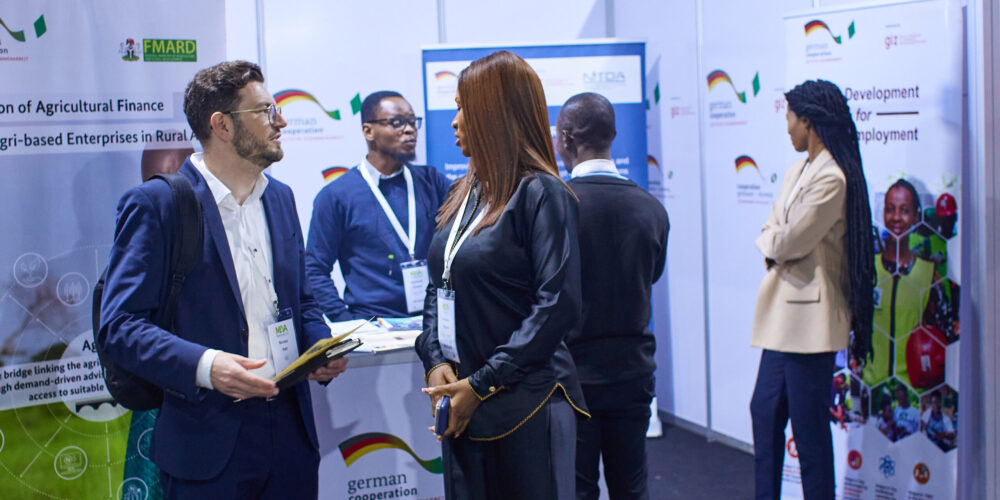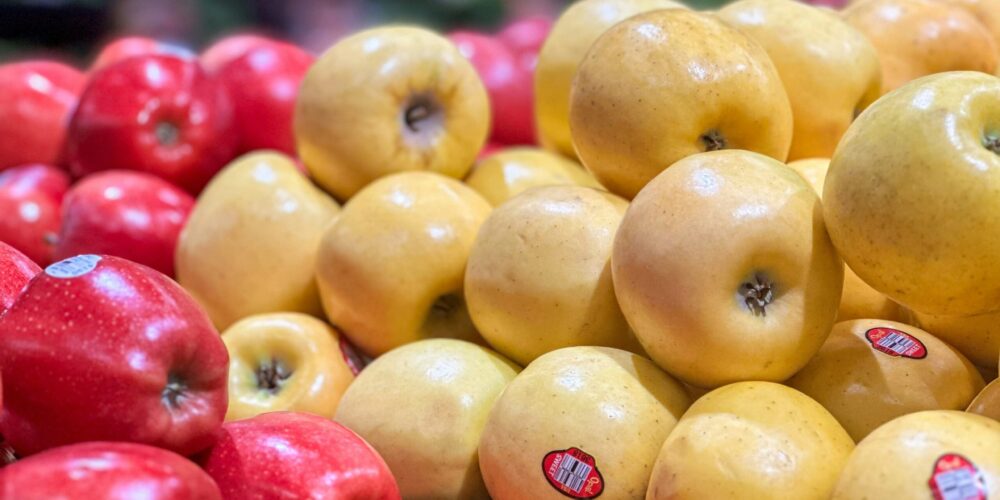Recent developments in Namibia have garnered attention, with several local articles…

Knowledge and Access: Key Drivers for Boosting Africa’s Net Exports to the EU
Africa’s potential as a global agricultural powerhouse is undeniable. However, a significant piece of this potential remains unrealized due to limited knowledge of foreign markets, particularly the European Union (EU), and challenges in market access. Understanding EU market demands and aligning with their regulations can significantly boost Africa’s net exports, contributing to economic growth and sustainable development.
Firstly, the EU market is vast and varied, offering immense opportunities for African exporters. However, success in this market requires in-depth knowledge of its complexities. This includes understanding consumer preferences, market trends, and regulatory requirements. African exporters must familiarize themselves with the EU’s stringent standards for food safety, quality, and sustainability. These standards are not mere bureaucratic hurdles but are essential to ensure consumer safety and environmental protection. They cover aspects such as pesticide limits, product labeling, and traceability.
Enhancing knowledge about these regulations is crucial. Many African exporters face rejections at EU borders due to non-compliance with these standards. Training programs, workshops, and information campaigns are vital to bridge this knowledge gap. Governments, regional organizations, and international trade bodies have a role to play in facilitating such learning opportunities. Events like Market Access Africa, hosted by the African Agri Council, are pivotal in this regard. They provide a platform for stakeholders to share insights, learn about market trends, and understand regulatory frameworks, thereby enhancing knowledge and competencies required for accessing EU markets.
In addition to regulatory knowledge, understanding EU consumer preferences and market dynamics is equally important. Trends such as organic produce, fair-trade certification, and environmentally friendly products are gaining traction in the EU. African producers and exporters who tap into these trends can carve a niche for themselves in the market.
Moreover, improved market access is a fundamental aspect of increasing Africa’s net exports to the EU. Currently, African exporters face various barriers, including tariffs, quotas, and logistical challenges. Addressing these barriers requires concerted efforts at multiple levels.
Trade agreements play a crucial role in improving market access. Strengthened trade within the continent can build the capacity of African economies to engage more effectively with external markets like the EU. Additionally, bilateral and regional trade agreements with the EU can provide African countries with preferential access to EU markets, reducing tariffs and opening quotas.
Infrastructure development is another crucial element for improving market access. Investments in transportation, storage facilities, and technology can significantly reduce post-harvest losses and ensure that products meet the quality standards of international markets. For example, cold storage facilities are essential for maintaining the quality of perishable goods during transportation.
Digital technology also offers a promising avenue to enhance market access. Digital platforms can connect African farmers directly with EU buyers, provide real-time market information, and facilitate smoother logistics and payment processes. Embracing e-commerce and digital marketing strategies can help African exporters tap into EU markets more effectively.
Furthermore, enhancing market access is not just about removing barriers but also about building capabilities. African exporters need support in areas such as quality assurance, certification processes, and packaging standards. Programs aimed at capacity building can equip exporters with the skills and knowledge required to compete in the EU market.
Increasing Africa’s net exports to the EU is a multifaceted challenge that requires a multifaceted approach. Knowledge of EU market requirements and consumer preferences is as important as improving market access. These efforts, combined, can unlock new opportunities for African exporters, contributing to economic growth and sustainable development. As Africa seeks to assert itself more prominently on the global stage, harnessing the potential of its agricultural sector and forging stronger ties with international markets like the EU will be critical. By focusing on knowledge enhancement and improved market access, Africa can transform these challenges into opportunities, paving the way for a more prosperous and sustainable future.


